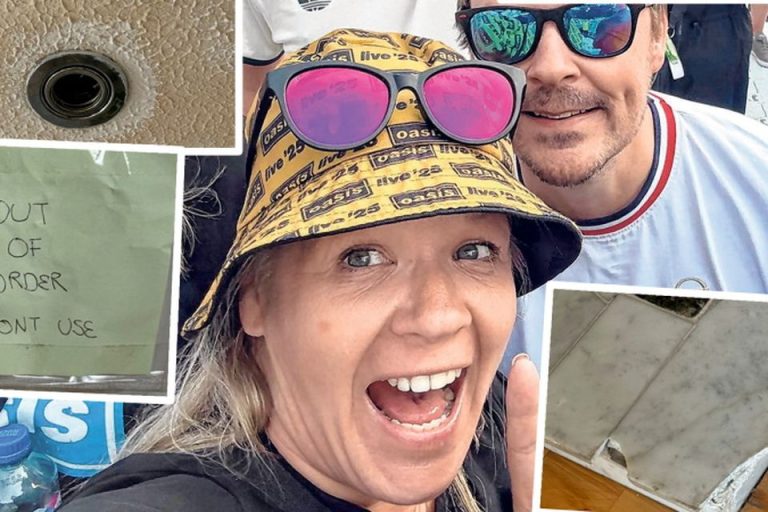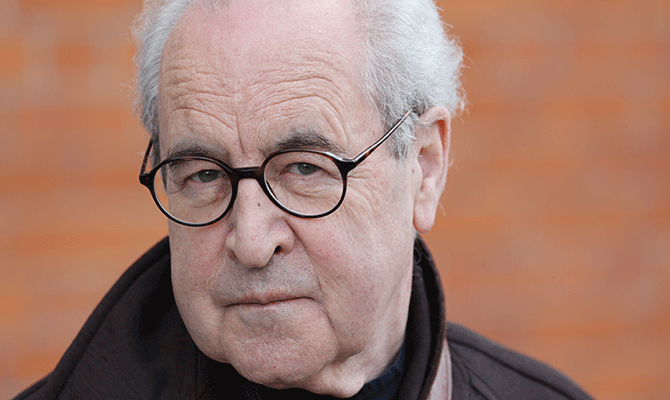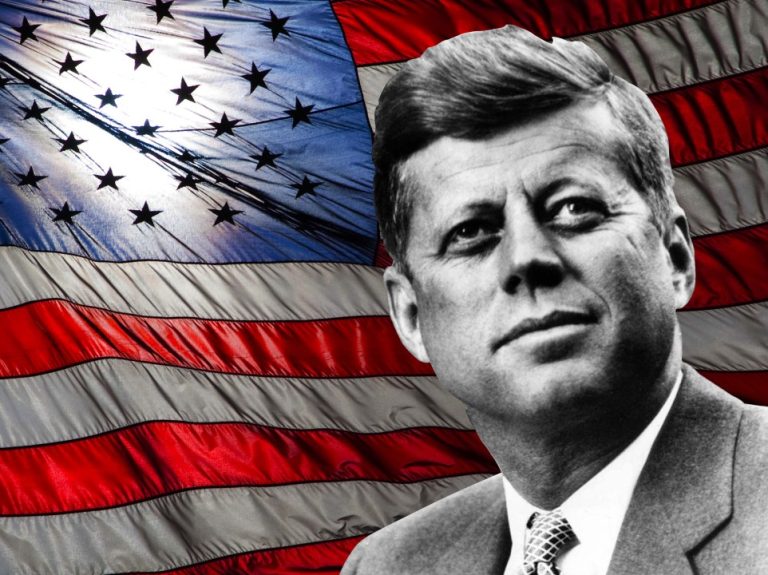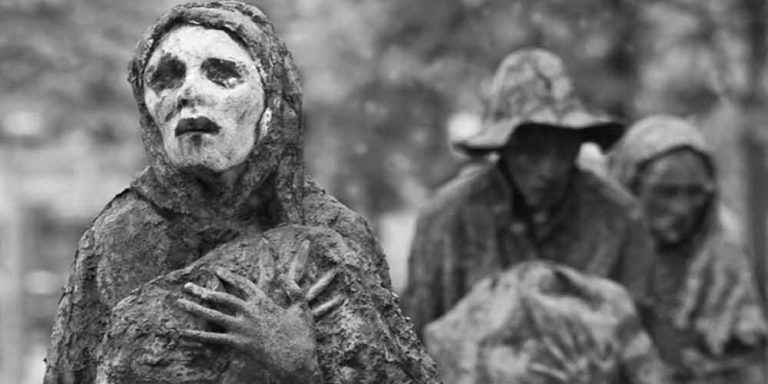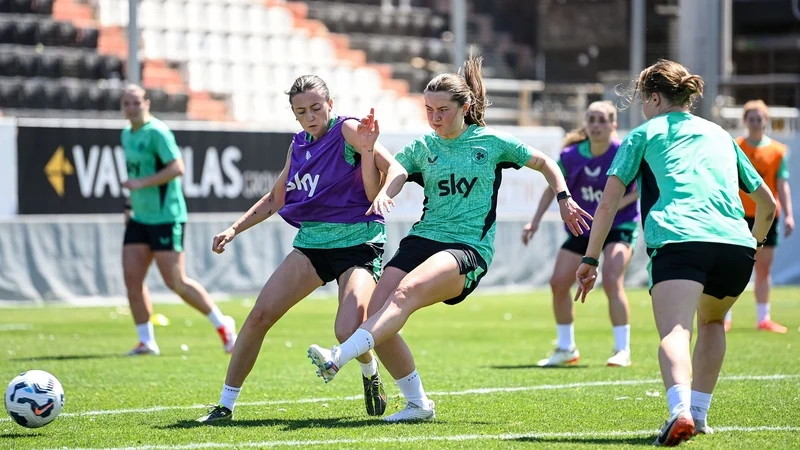
Five and a Half Years Later: A Chance for Closure
It’s been five and a half years since the Republic of Ireland women’s team left Athens heartbroken after a last-gasp equaliser by Greece’s Anastasia Spyridonidou denied them all three points in a crucial Euro 2021 qualifier. That strike, deep into stoppage time, came as a cruel blow to Ireland’s qualification campaign — a campaign that was eventually derailed after a devastating defeat to Ukraine.
Reflecting on that night, former manager Vera Pauw was brutally honest:
“We couldn’t get our play going because they turned it into a battle. A bunch of street fighters made life incredibly difficult.”
That moment stands out as a turning point. It was more than just a lost result — it was a psychological wound. Since then, Irish football has undergone a quiet transformation, both in structure and personnel.
A New Era with New Faces
In the years that followed the Athens heartbreak, much has changed in the Irish camp. Ireland have made their debut at a Women’s World Cup, gone through two managerial changes, and seen a wave of experienced players retire.
Only four players from the current squad were on the pitch during that November 2019 fixture: Katie McCabe, Denise O’Sullivan, Leanne Kiernan, and Amber Barrett. That statistic underlines just how much this team has evolved. Barrett, who scored the opener in that game, could hit a personal milestone today — earning her 50th cap if selected.
Missing Key Players But Building Depth
One significant absence for Ireland in this latest trip to Greece is Heather Payne. The experienced winger is sidelined due to an ankle injury sustained while playing for Manchester United last weekend. She needs a few more days to recover, ruling her out of the Nations League clash in Crete.
Despite that setback, manager Eileen Gleeson — still referred to by some by her maiden name, Ward — has a nearly full squad to select from. This presents her with an opportunity to rotate, test new combinations, and perhaps offer game time to younger players hoping to cement their place ahead of the World Cup qualification cycle.
Learning from Slovenia: Tactical Adjustments Required
Gleeson has been vocal in the lead-up to this game, repeatedly stating that the squad has reflected deeply on February’s humiliating 4-0 defeat to Slovenia in League B of the Nations League. It wasn’t just a loss — it was a tactical disaster.
The head coach held individual meetings with every player to deconstruct the collapse in Koper. These sessions, she insists, were designed to ensure that such a breakdown never happens again.
“We won’t change the formation drastically, but we’ll make tactical tweaks, especially when we don’t have the ball,” Gleeson said.
It’s a clear indication that Ireland will maintain their familiar setup but be far more disciplined when out of possession. Against Slovenia, they were repeatedly exposed on the break — the result of an imbalanced midfield and an overly ambitious attacking approach.
What Went Wrong in Koper?
Against Slovenia, Ireland deployed a shape that, on paper, looked attacking and brave. Denise O’Sullivan and Katie McCabe were pushed up behind lone striker Amber Barrett. Kyra Carusa operated on the right, while Ruesha Littlejohn was left stranded as the lone defensive midfielder, tasked with covering enormous ground.
This tactical gamble backfired spectacularly. Slovenia’s swift transitions cut through Ireland’s midfield with ease, and the defensive line was left overexposed. Several players underperformed individually, compounding the structural issues.
Ireland’s team lacked cohesion, discipline, and defensive balance — elements that will need to be restored today if they are to come away from Crete with a result.
Greece: An Opponent to Respect, But Not Fear
Ireland’s opponents today, Greece, are currently ranked 61st in the FIFA world rankings. While not considered a powerhouse, they are no pushovers either. They’ve suffered defeats in the Nations League — losing 2-1 to Slovenia and 1-0 to Turkey — but have shown themselves to be defensively well-drilled and physically combative.
Greece aren’t known for their technical flair, but they do have the ability to frustrate and disrupt the rhythm of technically superior teams. Ireland will need patience and composure — especially in the final third — to break down their stubborn defence.
The last meeting between the sides is a reminder that underestimating Greece can be costly. Spyridonidou’s late equaliser in 2019 is etched in Irish minds, and Gleeson will be demanding her side stay switched on for the full 90 minutes and beyond.
Time for Youth to Shine?
One criticism that has surfaced in recent weeks is the perceived hesitation to blood younger players. Against Slovenia, the youngest starter was Heather Payne at 25 — despite Gleeson’s previous commitment to usher in the next generation.
With nothing to lose and everything to build, now could be the perfect opportunity to offer meaningful minutes to emerging talents.
Top of the list is Jessie Stapleton. The 20-year-old defender has impressed in training and club performances, showing maturity beyond her years. Her inclusion would send a strong signal that the team is serious about long-term development and not just short-term fixes.
Stapleton’s potential debut in a meaningful competitive game would also bring much-needed freshness and energy to the backline.
What’s at Stake in the Nations League?
While promotion to League A is no longer in play, every match in the Nations League still matters. Results impact future seedings, FIFA rankings, and squad confidence. More importantly, these games offer a competitive environment to test players ahead of the World Cup qualifiers, which begin next year.
Gleeson knows that another heavy defeat — or even a lacklustre performance — could unsettle a squad still trying to find its identity after the highs and lows of the World Cup.
The Verdict: Redemption in Reach
This trip to Crete is more than just another group-stage game. It’s a symbolic opportunity to right the wrongs of the past — both the last match against Greece and the horror show in Slovenia.
With a more balanced tactical setup, a near full-strength squad, and a sharper focus on structure and discipline, Ireland are well-positioned to take all three points.
But perhaps more important than the result will be the performance. Irish fans and players alike will want to see a team that’s learned from its mistakes, matured in its approach, and ready to build a new legacy.
If that happens, today’s game in Crete could mark the start of a promising new chapter — one that finally lays the ghosts of Athens to rest.

